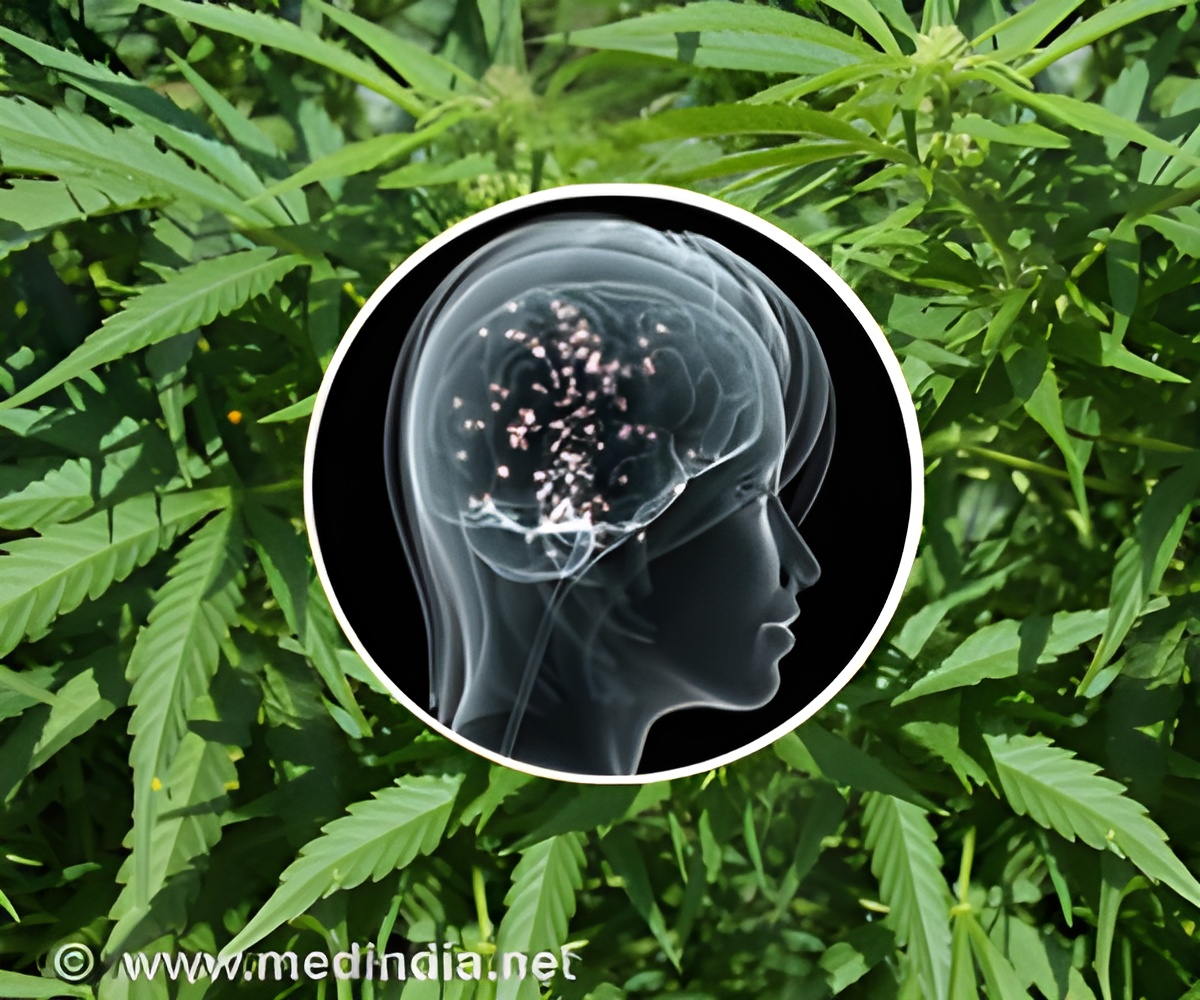
‘More than half of patients (54%) with Parkinson’s disease (PD) who use medical cannabis have self-reported beneficial clinical effects in a German survey. Although the positive effects of medical cannabis exist for many patients who are using it, it’s difficult to fully distinguish its potential benefits from the placebo effect. This calls for rigorous research to completely establish its therapeutic effects.’
Tweet it Now
“Medical cannabis was legally approved in Germany in 2017 when approval was given for therapy-resistant symptoms in severely affected patients independent of diagnosis and without clinical evidence-based data. PD patients fulfilling these criteria are entitled to be prescribed medical cannabis, but there are few data about which type of cannabinoid and which route of administration might be promising for which PD patient and which symptoms. We also lack information about the extent to which the PD community is informed about medicinal cannabis and whether they have tried cannabis and, if so, with what result", says Dr med. Carsten Buhmann, Study Lead Investigator, and Professor, Department of Neurology, University Medical Center Hamburg-Eppendorf. Medical Cannabis in Parkinson’s Disease
The team analyzed 1,300 patients among the members of the German Parkinson Association using a nationwide survey for their knowledge, perceptions, and their experiences on using cannabis for Parkinson’s disease.
It was revealed that over 8% of patients with PD reported using cannabis products. Among them 54% reported a beneficial clinical effect.
28% of the patients reported awareness of its various routes of administration, such as oral and inhaled. Better management of pain and muscle cramps were reported by more than 40% of users, and more than 20% had a reduction in stiffness, freezing, tremor, depression, anxiety, and restless legs.
Advertisement
Most of the non-users (65%) indicated that the fear of side effects and a lack of knowledge on legalized medicinal uses of cannabis — often known best for THC (its main psychoactive ingredient), had stopped them from trying it.
Advertisement
Although the present study revealed positive effects of medical cannabis for many patients who are using it, it’s difficult to fully distinguish its potential benefits from the placebo effect — the perception of improvement based on its high patient expectation. This calls for rigorous research to establish its therapeutic effects.
“The present paper mainly serves to emphasize the need for carefully controlled clinical trials to further establish both the efficacy and safety of cannabis treatment,” says Bloem, the director of the Radboudumc Center of Expertise for Parkinson & Movement Disorders, in the Netherlands.
Source-Medindia















